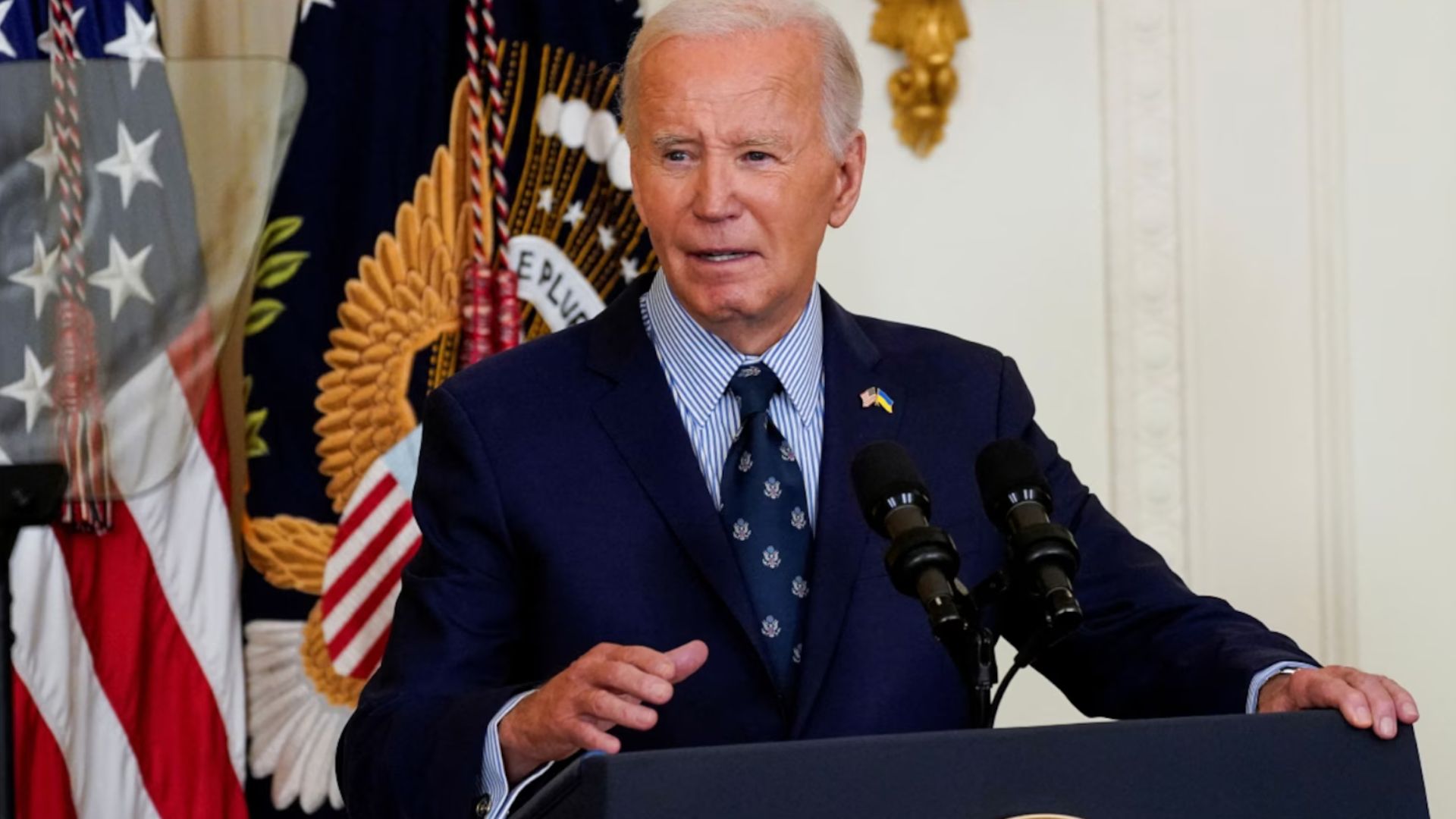In the final months of his administration, Joe Biden is shown a renewed willingness to utilize U.S. military assistance to Israel in an effort to change its policy toward Iran and Iranian-backed militant groups. Given the humanitarian crisis in Gaza and the potential to prevent a wider regional conflict, the effectiveness of this approach is questioned.
The Biden administration recently announced the deployment of approximately 100 soldiers to Israel, along with an advanced U.S. anti-missile system, marking a rare military engagement. This deployment coincides with Prime Minister Benjamin Netanyahu's government contemplating a retaliatory attack on Iran following an Iranian missile strike on October 1.
In a letter, the Biden administration also cautioned Israel that unless the humanitarian situation in Gaza improves within a month, the government may be subject to limitations on U.S. military assistance. The actions demonstrate heightened U.S. engagement in Israeli strategic decision-making, despite officials' insistence that they are in line with long-standing principles meant to protect civilians while ensuring Israel's defense.

Experts say Israel's repeated rejection of US guidance complicates the Biden administration's stance, especially as liberal Democrats call for the use of American might against Israel. Aaron David Miller of the Carnegie Endowment for International Peace says the administration's approach displays active participation, but he warns that given the developing conflict with Iran, Washington is unlikely to cut off military financing to Israel.
White House spokesperson John Kirby clarified that the letter to Israel was not intended as a threat, suggesting that Israeli officials are taking the concerns seriously. In response, an Israeli official stated that the letter is under thorough review by security officials.
Israel may have responded to US demands for improved humanitarian conditions by claiming to have transported 50 aid trucks from Jordan to northern Gaza. Biden has emphasized Israel's defense since Hamas militants initiated the conflict and killed almost 1,200 people, according to Israeli figures.
Despite internal pressure from fellow Democrats, Biden has not halted the flow of weapons to Israel, aside from 2,000-pound bombs, even as the conflict has resulted in significant civilian casualties in Gaza, with Palestinian health authorities reporting 42,000 deaths.
A brief boost in assistance flow was caused by the Biden administration's earlier demands for improved protections for Gaza's civilian population and relief workers. But the new letter lays out certain steps Israel needs to follow over the next 30 days, such as permitting at least 350 trucks of relief to enter Gaza every day.
If Israel does not meet the aid standards, Washington may block its access to U.S. weapons, according to this ultimatum. The Center for Civilians in Conflict's advocacy and legal counsel, John Ramming Chappell, called this change a little but important one.
Netanyahu summoned an emergency session to discuss expanding humanitarian aid to Gaza and announced a planned increase in relief operations. The decision to install the Terminal High Altitude Area Defense (THAAD) system in Israel is a significant step that will both support and try to influence Israeli military actions.
This deployment, according to former defense officials, is a "paradigm shift," as it deviates from Israel's long-standing concept of self-defense. The United States is increasing its involvement in the conflict by stationing troops in Israel, particularly in light of recent Iranian missile activities.
The Middle East is still in a delicate geopolitical situation as it awaits Israel's response to Iran's recent missile launch, which was a retaliation to Israel's military actions in Lebanon. Biden has voiced his fears about possible Israeli strikes on energy sites and his opposition to any strikes on Iranian nuclear facilities.
The military aid may be used as an incentive to deter Israel from launching more extensive military operations against Iranian targets, according to experts. Such military resources would have restrictions, says Thomas Karako, director of the missile defense project at the Center for Strategic and International Studies.
The 30-day period for the Biden administration to comply with American requests is about to expire, just after the U.S. elections on November 5. Because of the timing, Netanyahu has more power to decide how much he will comply, especially if a Republican who supports him wins.
Miller claims that Netanyahu may view the potential for a positive change in U.S. leadership as an opportunity to exercise as much control as possible. The humanitarian crisis in Gaza and the stability of the region are significantly impacted by the complex relationship dynamics between the United States and Israel.





























